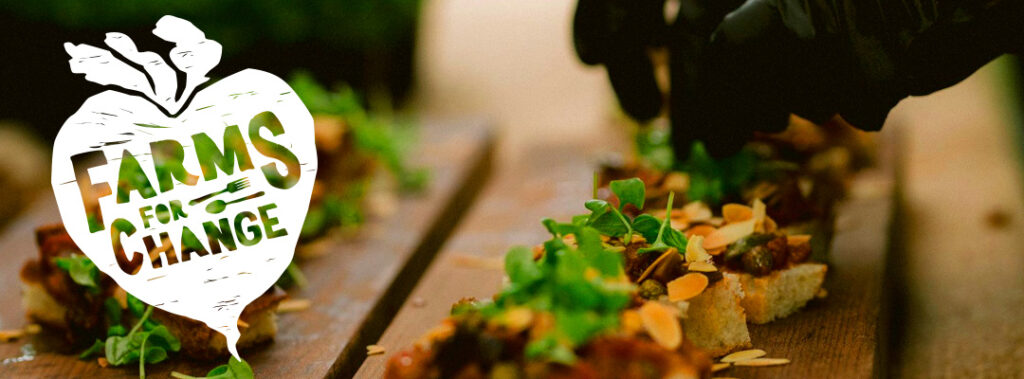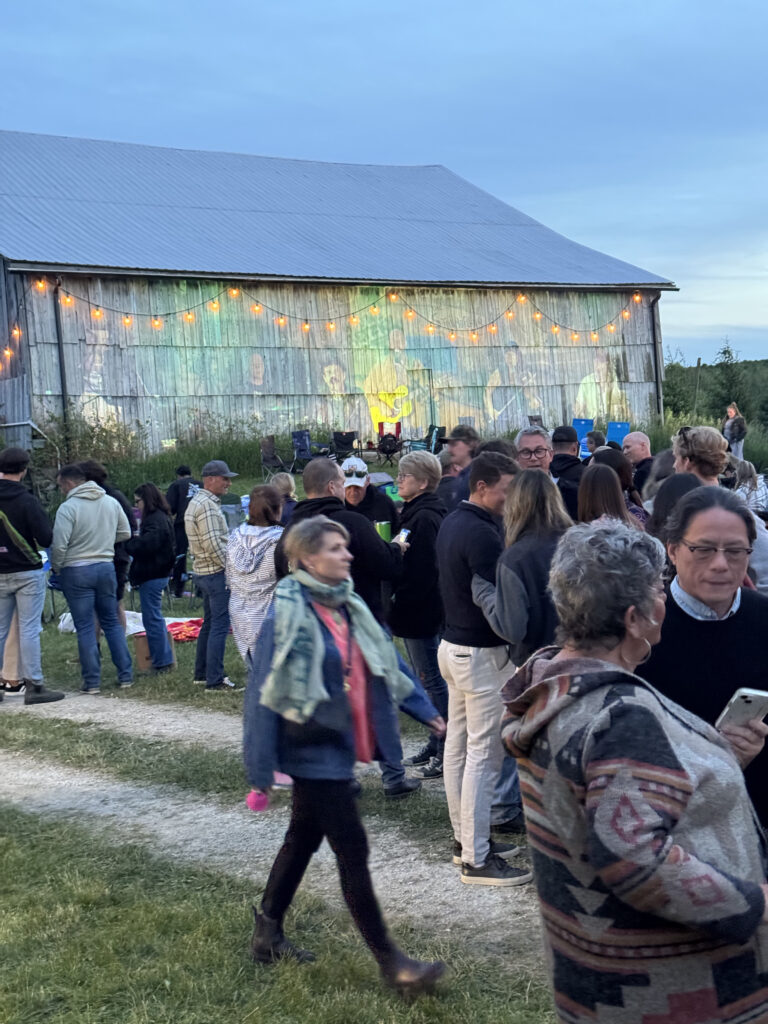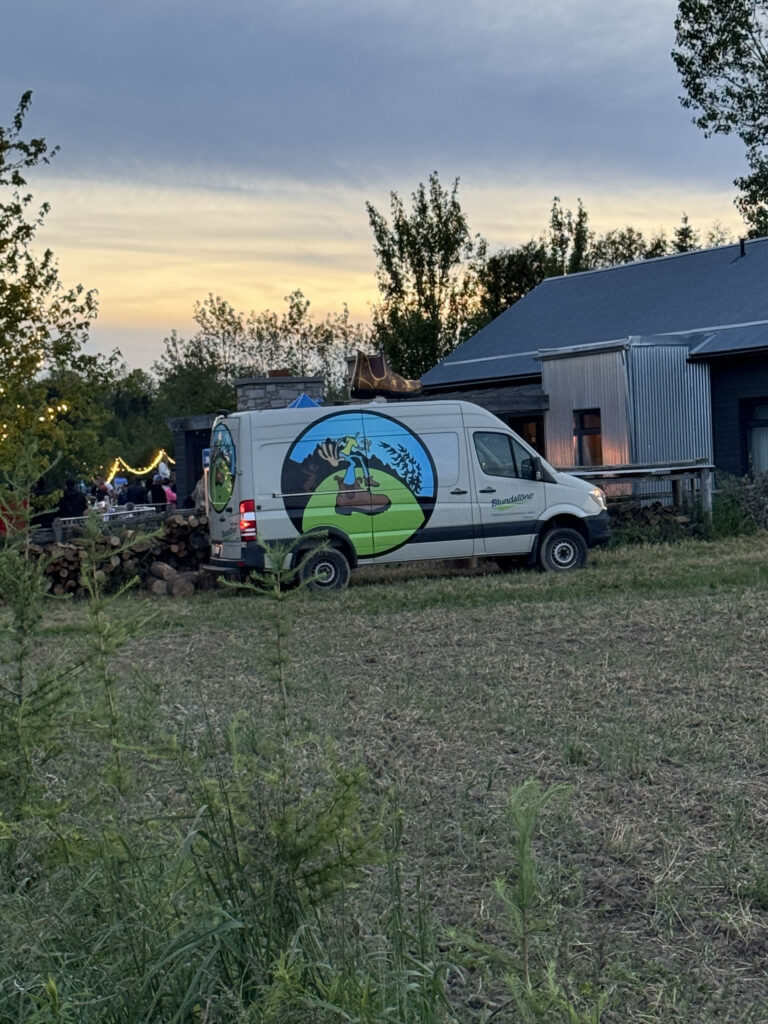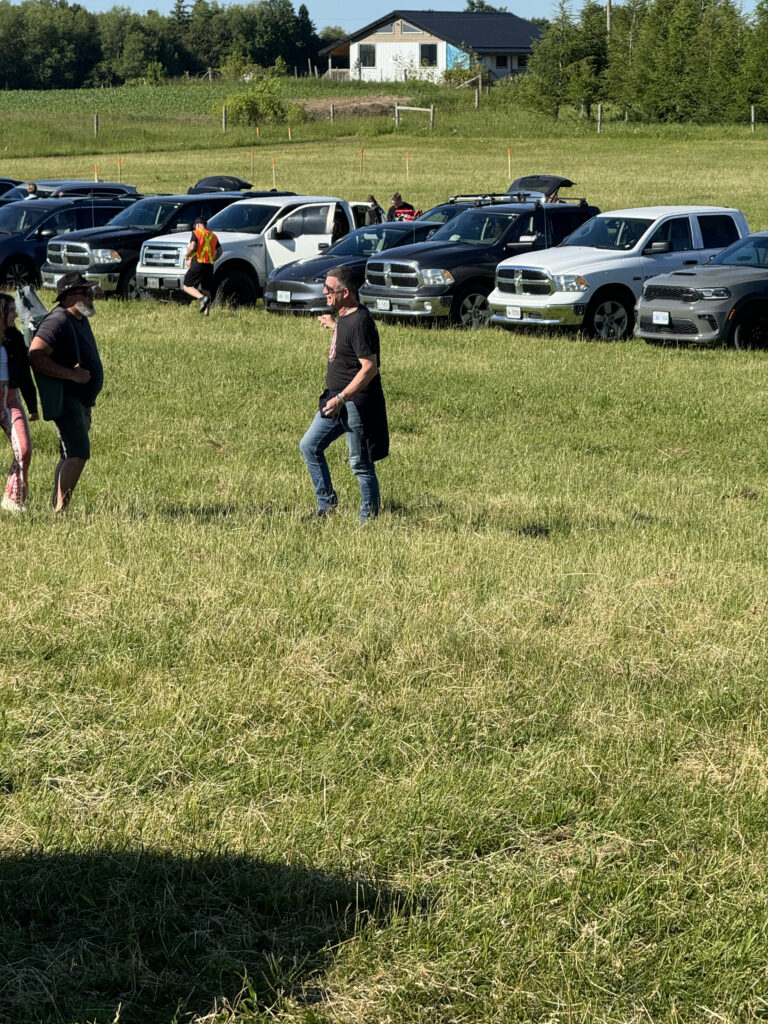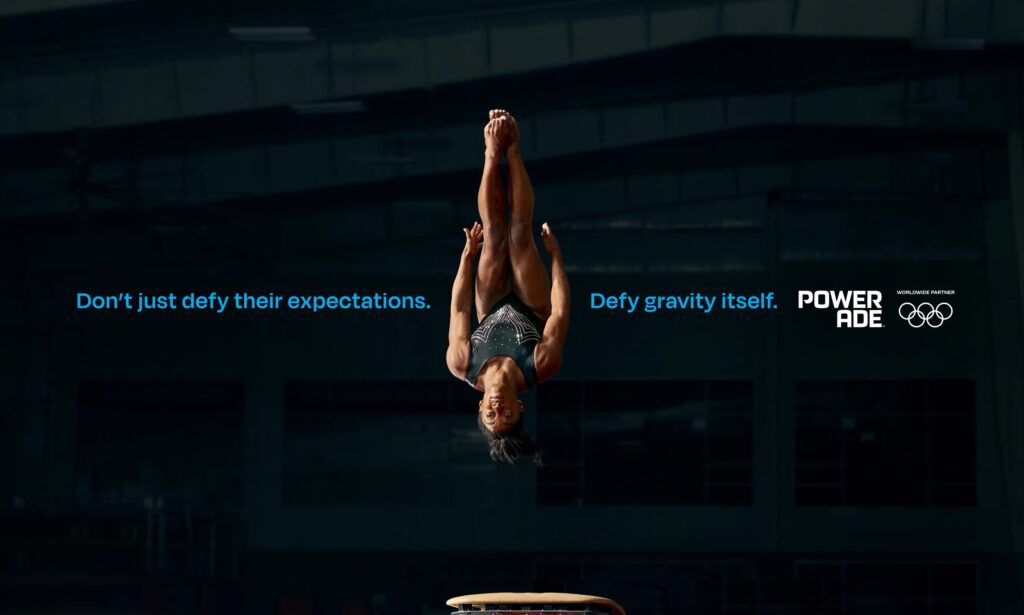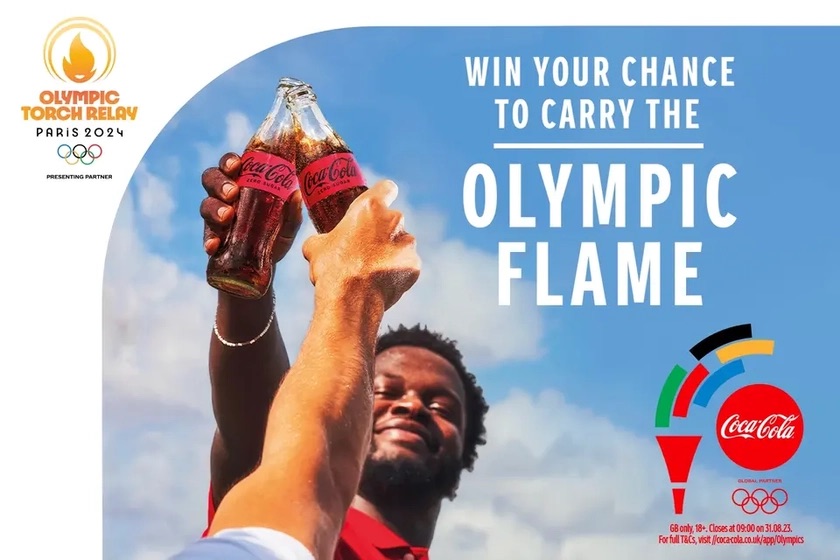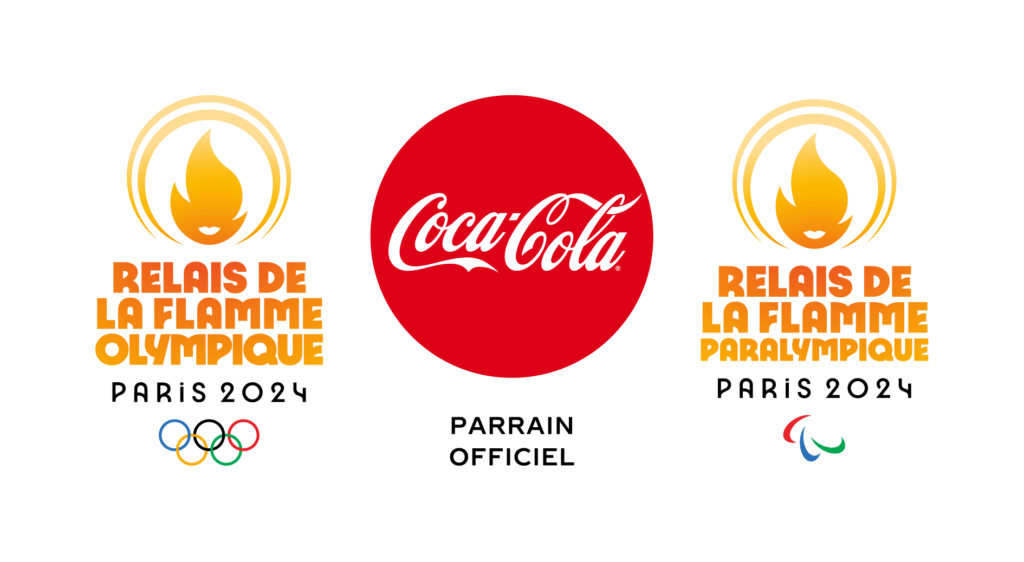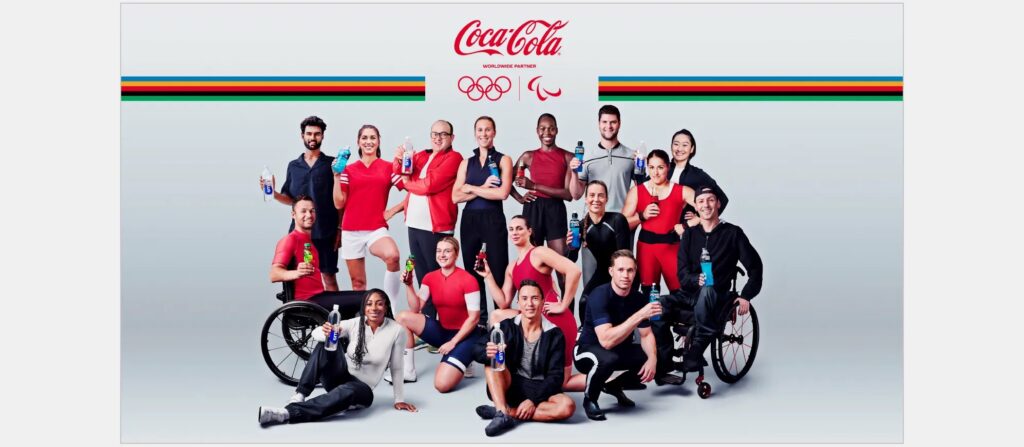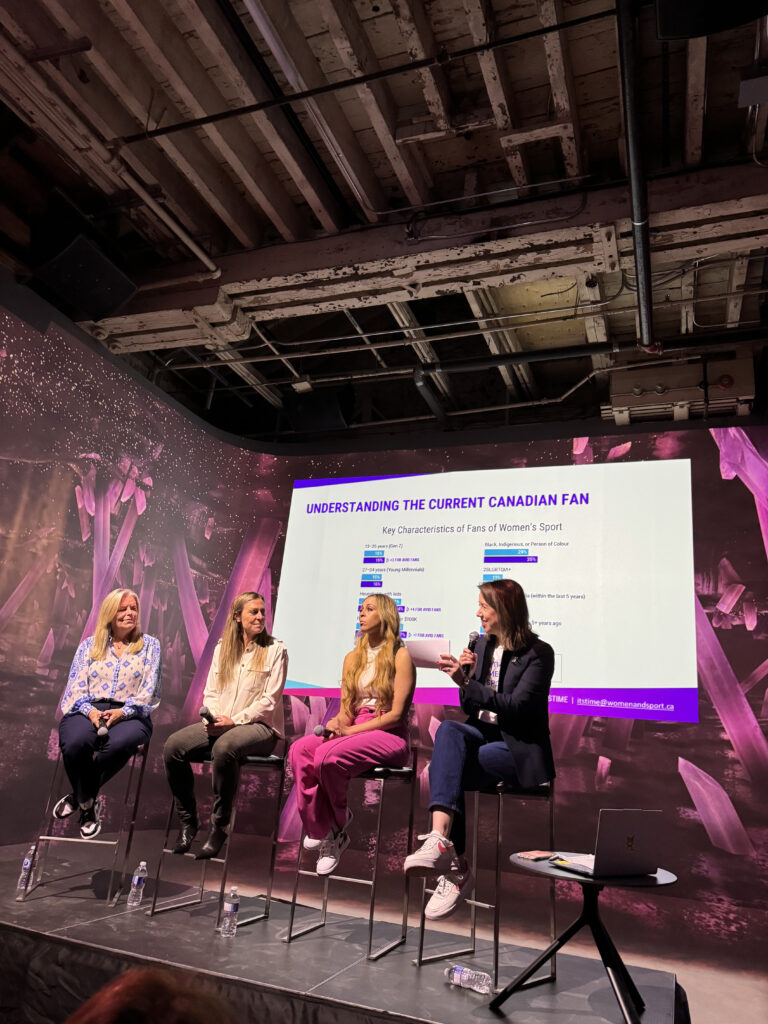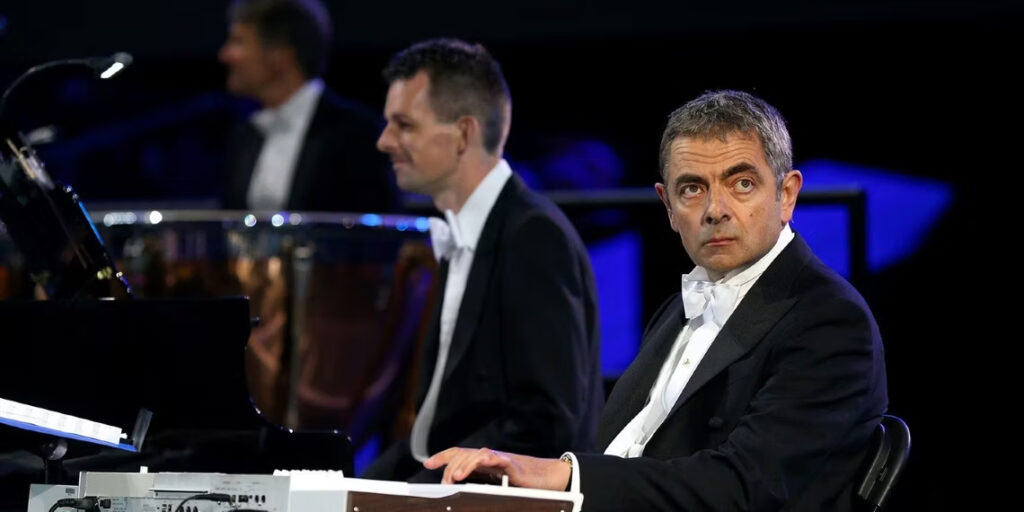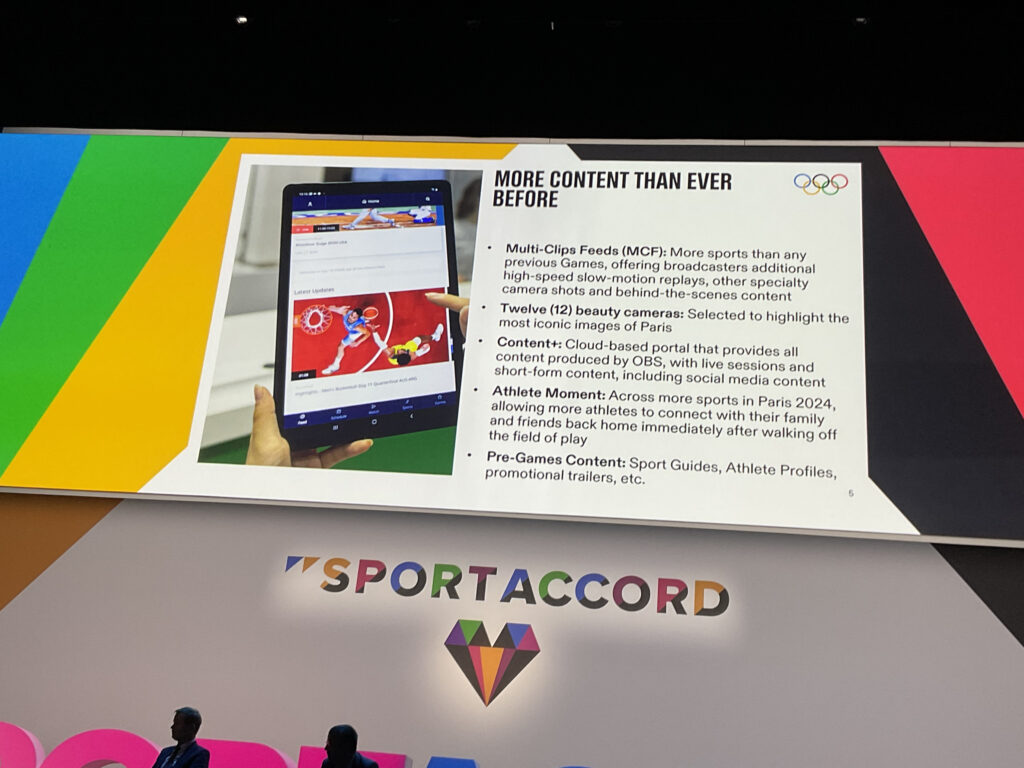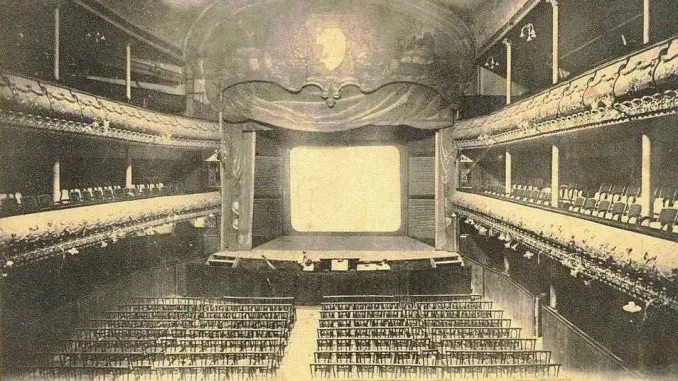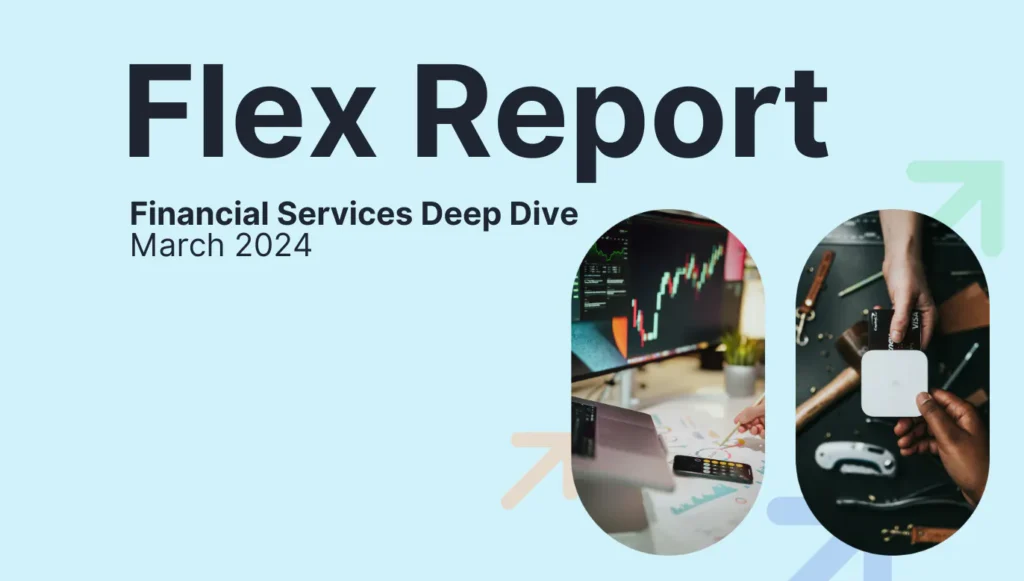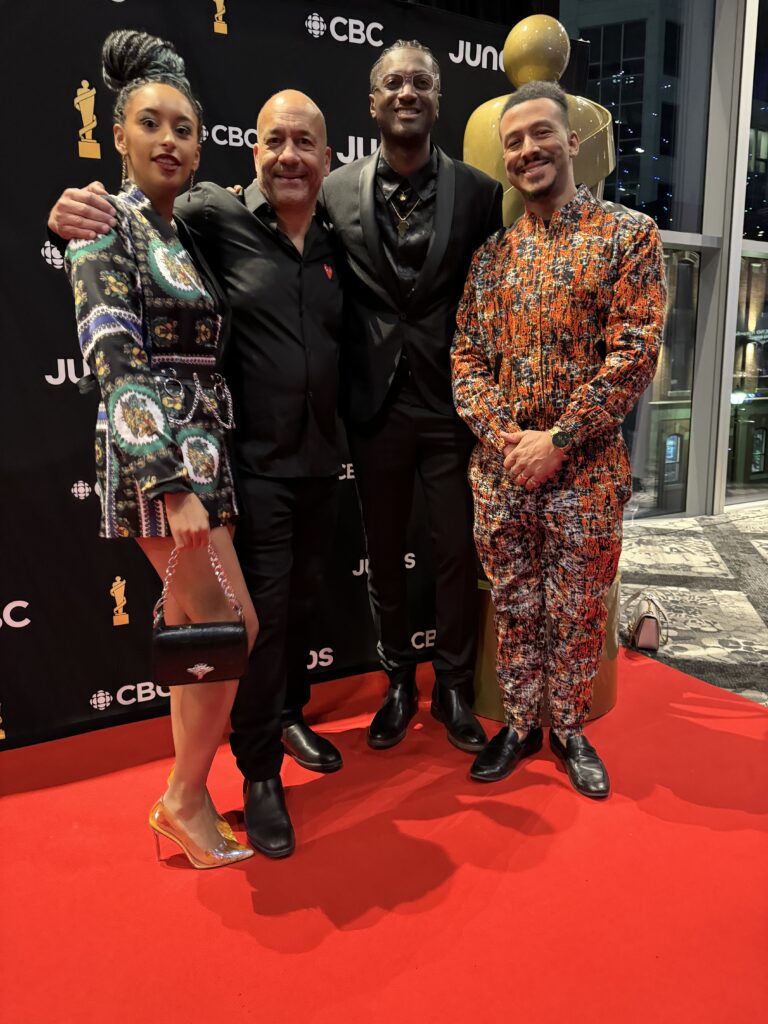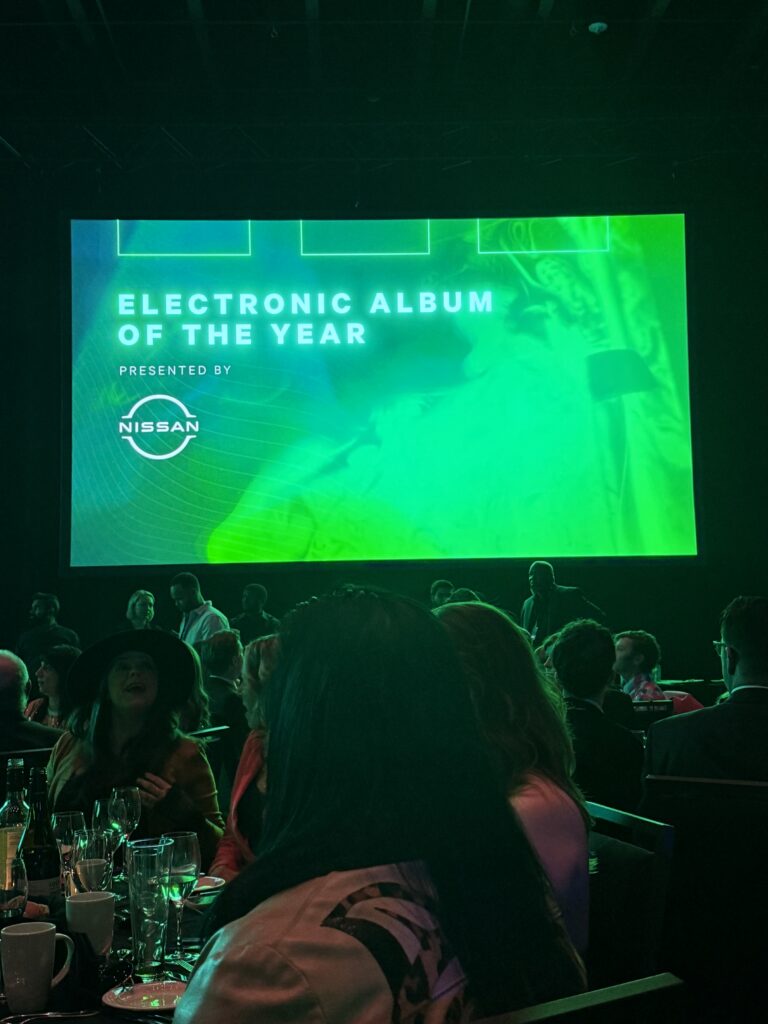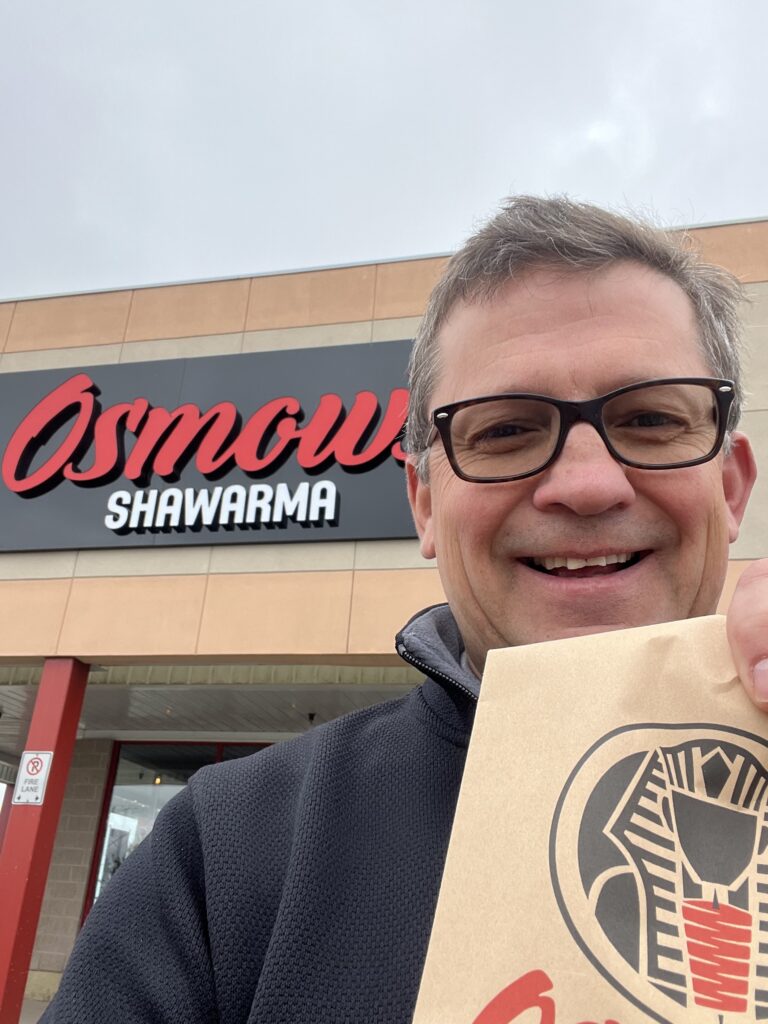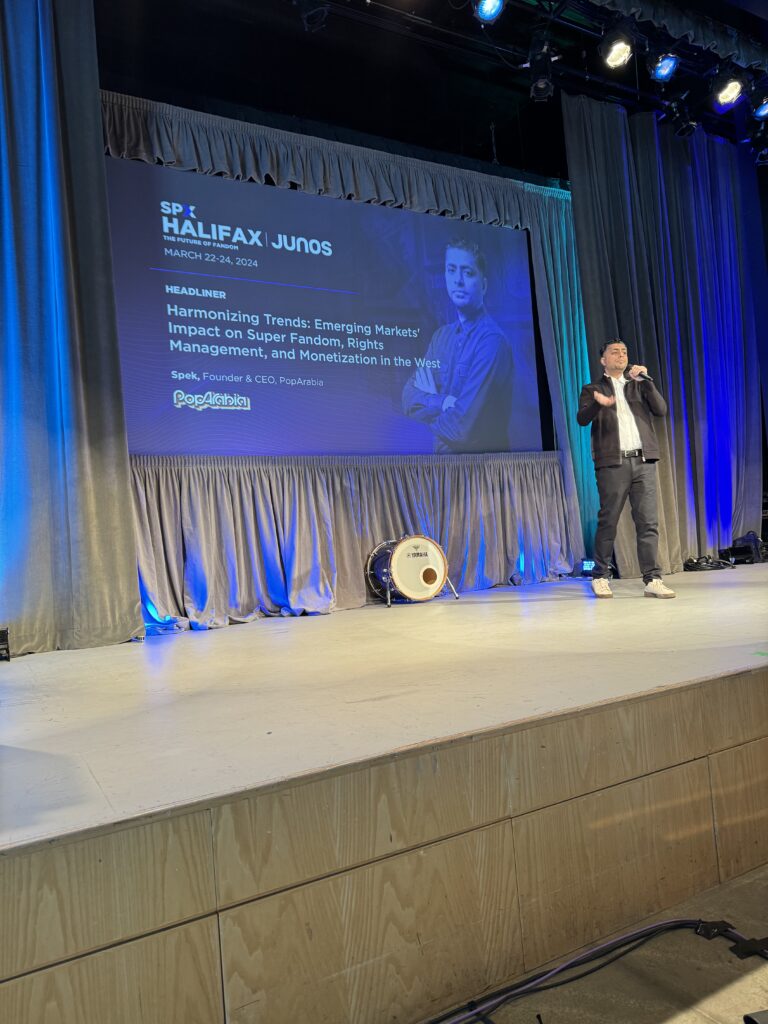by Mark Harrison
I seek outside inspiration whenever I get stuck working on a presentation or my radio column.
Today, it was Resonate by Nancy Duarte. The other week, it was Story by Robert McKee. I do use ChatGBT, but I am finding it repetitive. Sometimes, I will pull a not-so-recent Harvard Business Review off the shelf or the current edition for a serving of enlightenment. A podcast by Reid Hoffman or anything Monocle produces usually gets me cooking. Oddly enough, the last page of The Economist is the one I read first and almost always inspires some reflection. If you are an Economist reader, you will know what I mean. If not, I suggest grabbing an issue before I go further.

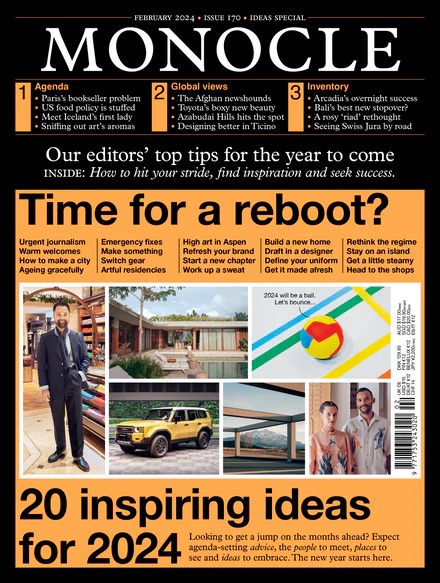
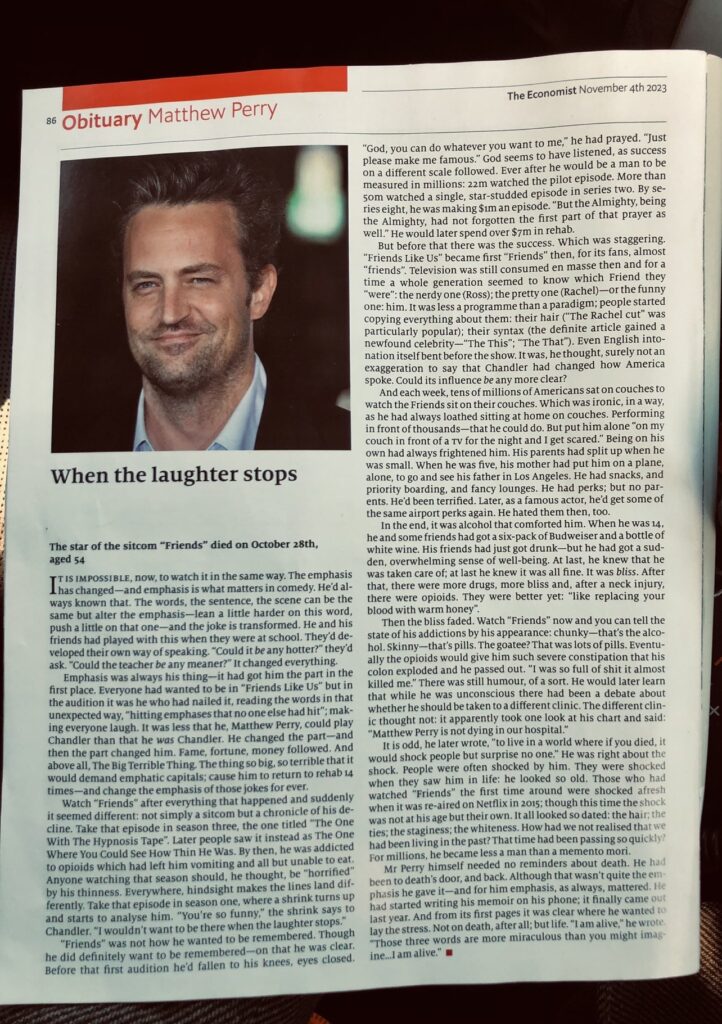
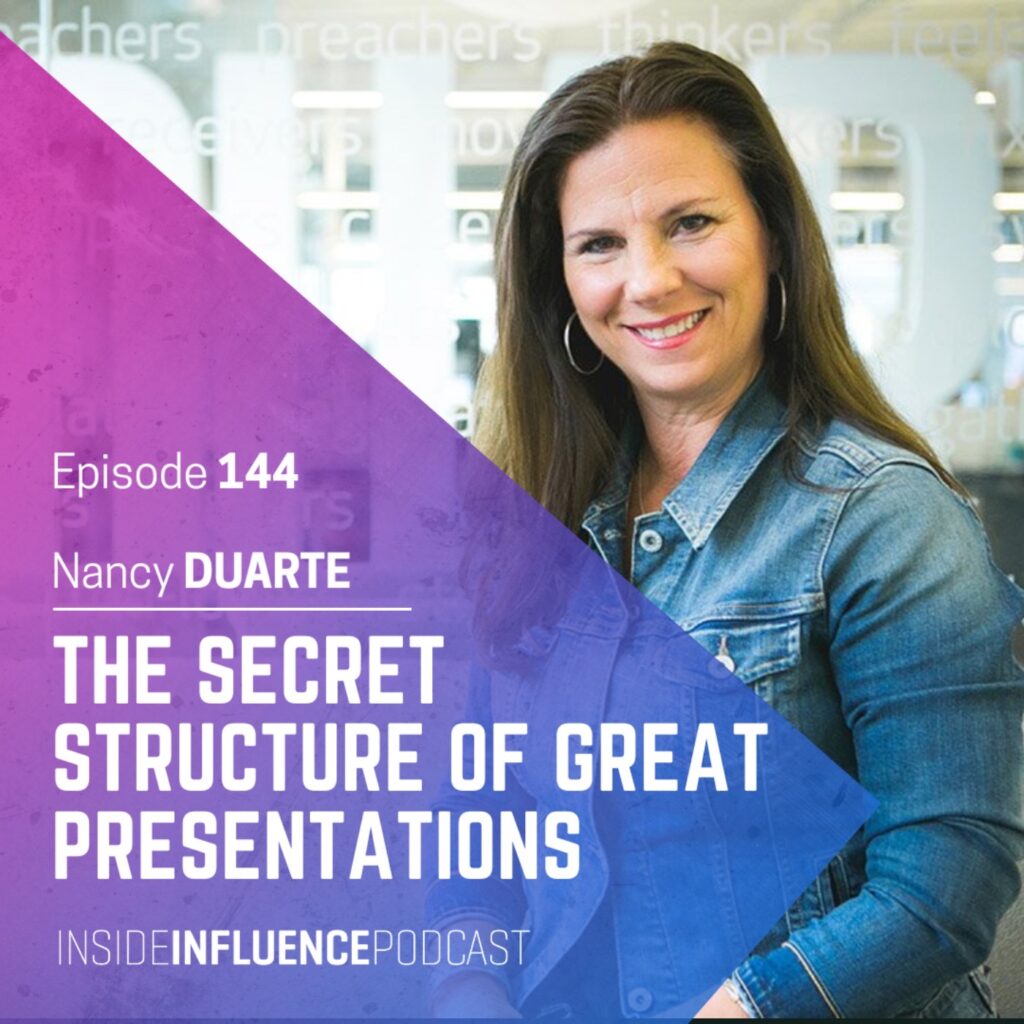
Today, I am working on a keynote entitled We Are The Champions. It’s about Brand Champions – both consumer advocates and master marketers. That may change.
My first step in drafting a keynote is to determine what my first and last slides will be. They are the most essential parts of a keynote presentation, as are the cookies of an Oreo. The filling is critical to any presentation, but the opener sets the stage and creates the most impact. The closer ensures your credibility and, hopefully, an audience outpouring of appreciation.
Today, I am reading Duate’s Chapter ” There’s Always Room to Improve,” and closing is where I always need the most improvement.
Not so humbly; I have been nailing my openings for a while. The secret is giving the audience something related to your session description or title but from a source or platform that surprises people. I don’t wing it. I research, test, and research all my presentation openings. If I don’t feel 1000% about my opening slide, I am dead. Someone should have told President Biden that.
Funny. The Thursday night debate was not my motivation for writing this, but it suddenly seemed appropriate midway through. My original motivation was to get my creative juices flowing as I worked on my morning keynote.
For my Brand Champions keynote, I have been casting some questions into the university to see what sticks:
- Who are the Brand Champions in your life?
- What is your Brand? Do you know? Do you have?
- If you were a Brand, what Brand would you be?
- What is your Brand today, and what is its promise?
- Who will be the Brand Champions of Tomorrow?
The middle part of a keynote is where you have fun. I am a massive believer in writing the title for each slide (the newspaper headline) regardless of whether it will be text, video, or an image. Those headlines become the basis of my script. Over the past year, I have felt better about my middle, mainly because I have started doing a radio column, which has been an unexpected training ground for my public speaking.
The column is a seven-minute Q&A that tests the ability to convey the message. Without the crutch of slides, I have been working on my words to determine if I can paint a vivid picture without Keynote (the software). The game I play with myself is to imagine my words as a movie script describing the scene, the setting, and the characters.
It works for me.
Like a gymnast or an Oreo lover dunking their cookie in milk, the most challenging part for me right now (help me, Nancy D!) is sticking the finish, nailing the landing with my arms raised and my body still in such a way that compels the audience to leap to their feet and give me some love. I can only begin stuffing the middle with this closing slide, which is a final hurdle.
Beginning with the end in mind is great advice from Steve Covey for any project, presentation, or brainstorming. It is also the hardest.

